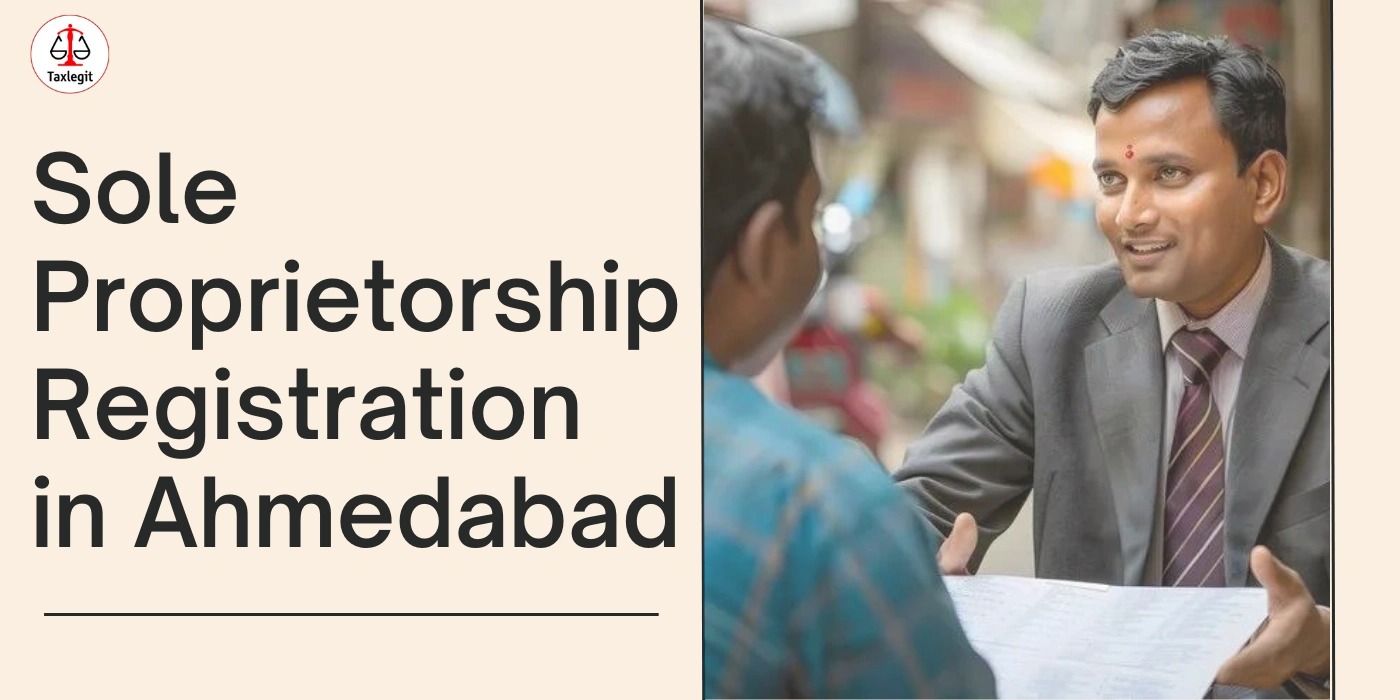Sole Proprietorship Overview
Who is a Sole Proprietor?
A Sole Proprietor is a living individual who has to be the owner of their sole proprietorship firm. Here are some real-world examples for Sole Proprietorship Registration
Grocery Shop Owners
Ravi always dreamed of running his neighborhood kirana store. With a small investment and the ability to make quick decisions, he registered as a sole proprietor. Now, he operates his shop, manages inventory, and serves his local community
Fitness & Yoga Instructor
Arjun turned his passion for fitness into a successful career by registering as a sole proprietor. He offers personal training and yoga classes, both at home and in parks. With no partners or complicated compliance, he focuses on one session at a time.
Online Seller
Sunil started selling handmade crafts on social media and major e-commerce sites. As a sole proprietor, he can experiment with products, set his own prices, and deliver a personalized experience for every customer without the need for any middlemen



